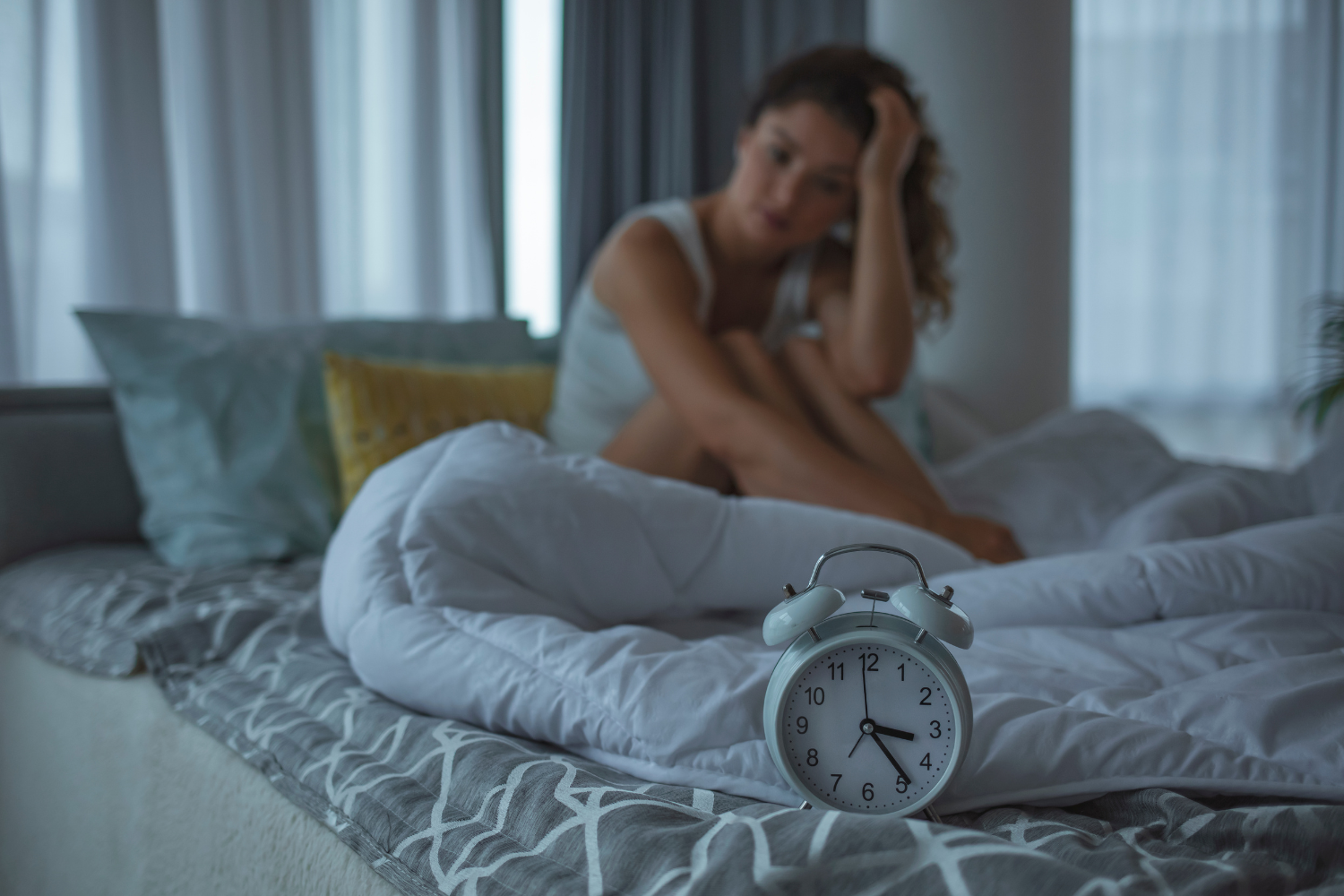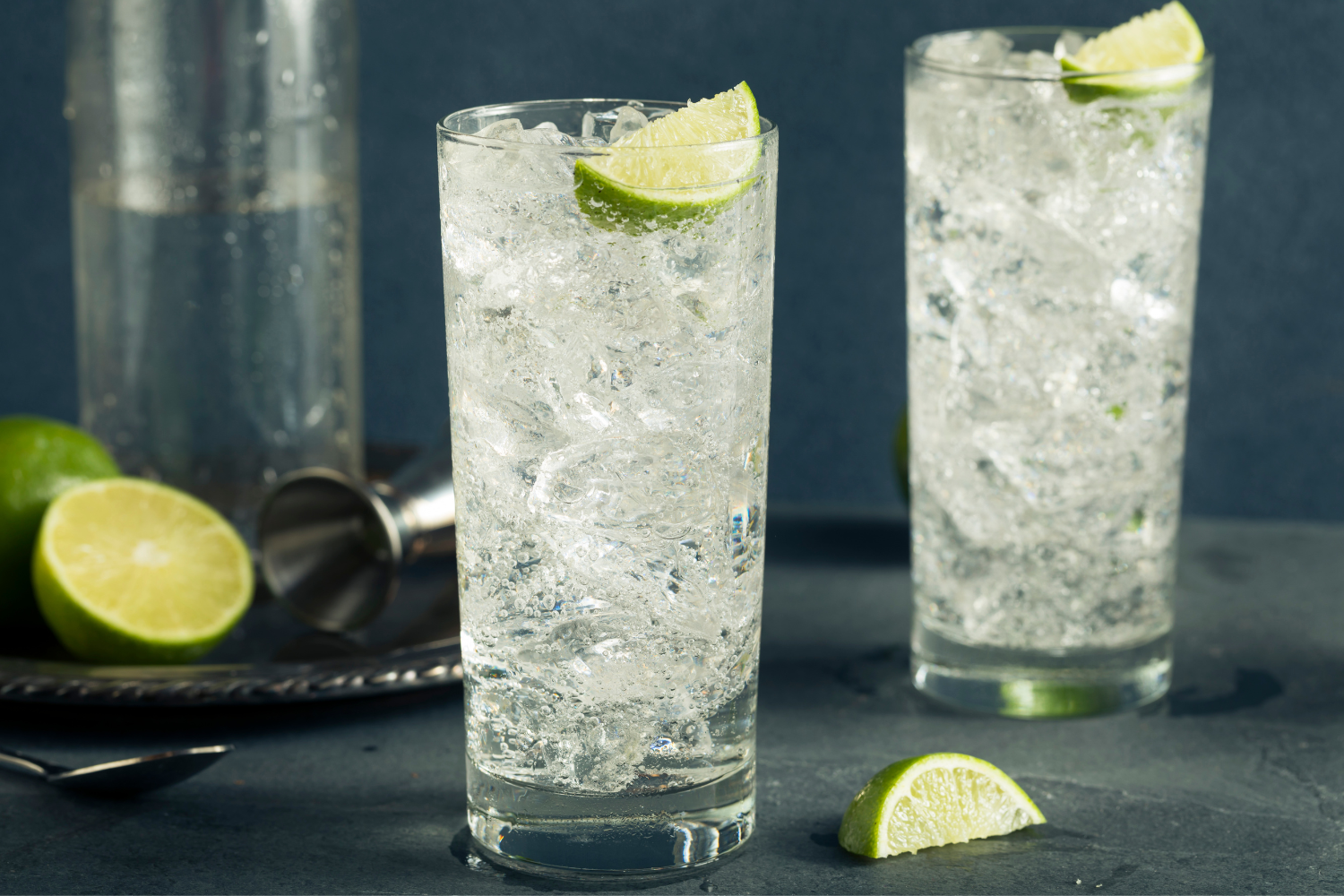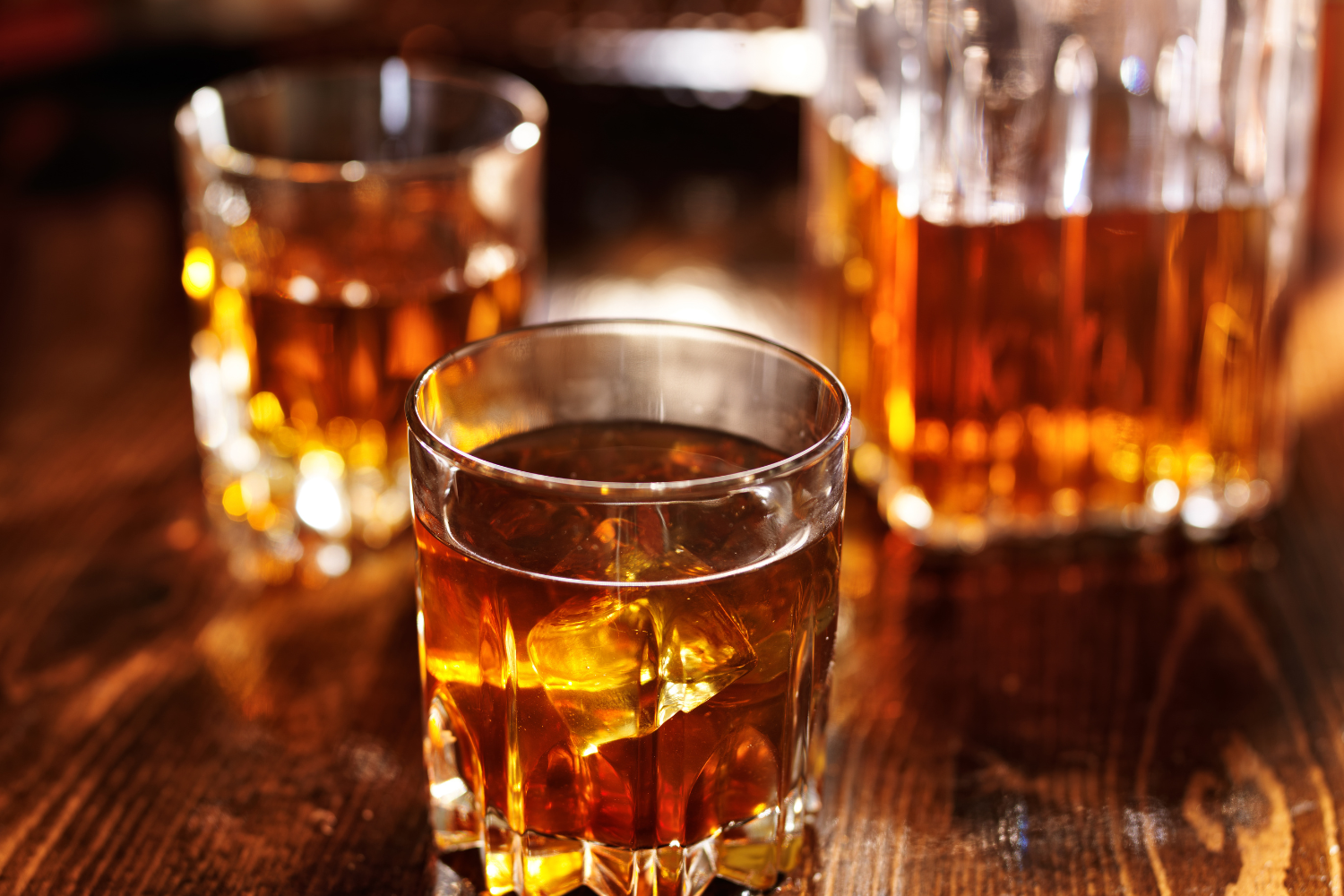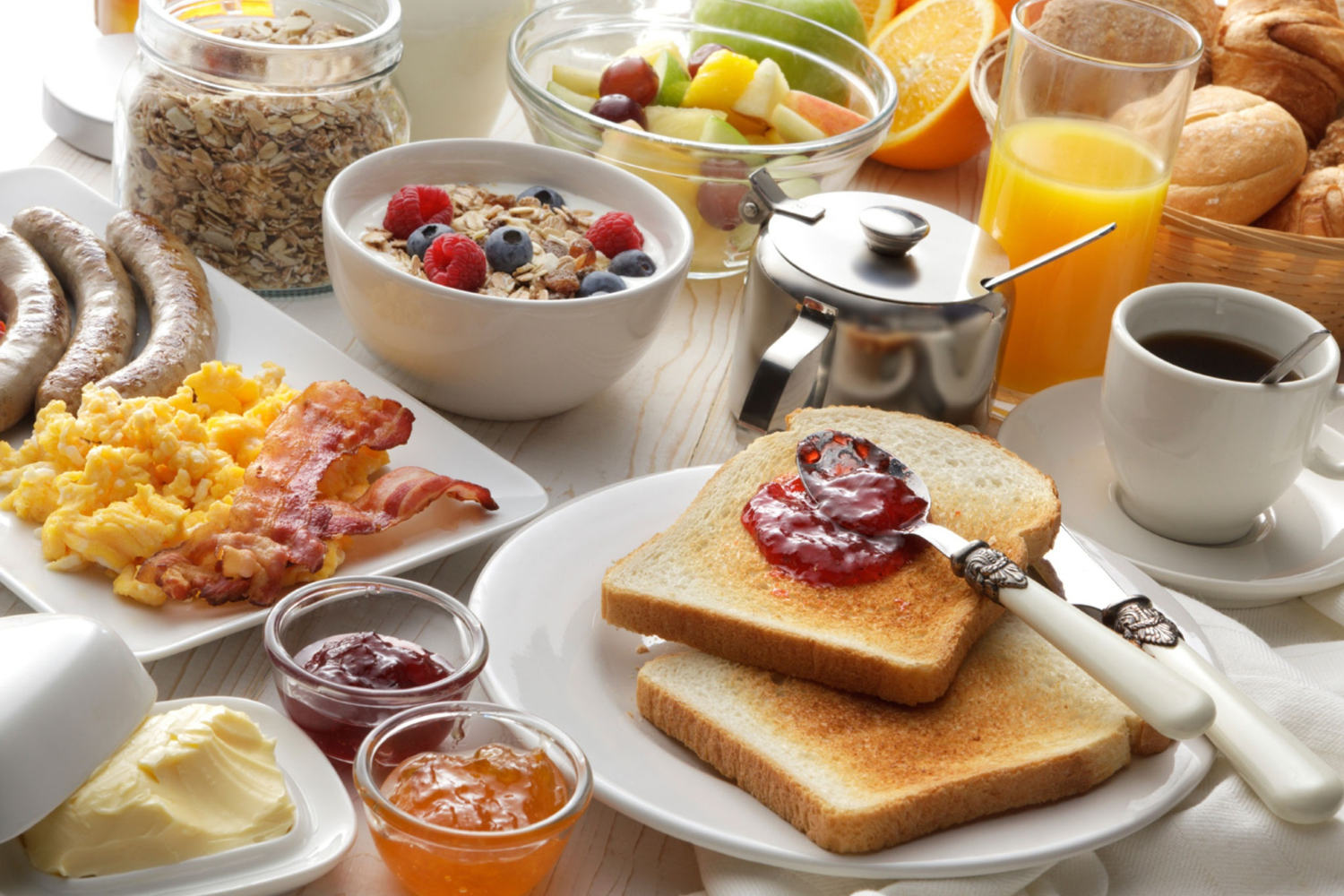Many people search for the best drinks for no hangover after a big night, hoping there’s a type of alcohol that won’t leave them with nausea, headache, or fatigue the next day. The truth is that no alcoholic drinks can completely prevent hangovers, but some choices may cause fewer hangover symptoms or less hangover severity than others.
Research shows that certain types of booze, like bourbon whiskey or red wine, contain more congeners that can contribute to severe hangovers, while clearer options such as vodka or gin may be easier on the body. In this article, we’ll look at which drinks may minimize hangovers, which ones often make them worse, and what lifestyle steps can help you avoid a hangover or make the morning after less severe.
What Causes a Hangover in the First Place?
Hangovers happen when alcohol changes how the body processes fluids, sugar, and sleep, while also leaving behind byproducts that can make symptoms worse. Several factors combine to set the stage for severe hangovers after heavy drinking.
Dehydration and electrolyte loss
Alcohol increases urine output, which may lead to mild fluid and electrolyte losses. In cases of heavy drinking, this may contribute to imbalances that affect how the body feels the next day. As a result, hangover symptoms like headache, fatigue, and nausea become more likely.
Sugar and alcohol content
Drinks with higher sugar content, like cocktails mixed with energy drinks or sweetened mixers, can spike and then crash blood sugar levels. This shift can worsen hangover severity and contribute to stomach discomfort the next day. Stronger drinks often contain more ethanol per serving, which can increase the total alcohol burden on the body if consumed in large amounts, increasing the risk of a severe hangover.
Congeners (byproducts of fermentation/distillation)
Certain types of alcohol, especially bourbon whiskey, brandy, rum, red wine, and fortified wine, contain higher levels of congeners. These compounds form during fermentation and distillation and are associated with more severe hangover symptoms. One study suggests that darker spirits with more congeners may lead to more severe hangovers compared to lighter choices like vodka.
Poor sleep and fatigue after drinking
Alcohol often disrupts normal sleep cycles, especially REM sleep. Even if someone falls asleep quickly, the quality of rest is lower, leaving the body tired and foggy the next morning. Fatigue, poor focus, and irritability are common hangover symptoms connected to sleep disruption.

What Are the Best Drinks for Fewer Hangover Effects?
No drink can completely prevent hangovers, but some choices are less taxing on the body. Drinks with fewer congeners, lower sugar, and a lighter alcohol profile often result in less severe symptoms the next day.
Vodka and other clear spirits
Vodka is often considered less likely to cause hangover symptoms when compared to darker spirits, due to its lower congener content. When consumed in moderation, clear spirits like vodka tend to cause fewer headaches and less nausea compared to whiskey or bourbon.
Gin and sake
Gin is another clear spirit with fewer congeners, and sake, a Japanese rice-based alcohol, is also relatively low in byproducts. Choosing lighter drinks may be associated with milder next-day symptoms for some individuals, especially when paired with food and plenty of water.
Light beer and lighter wines
Beer and wine are common choices, but not all are equal. Light beer, white wine, and some lighter sparkling wines tend to contribute fewer severe hangovers than darker beer, red wine, or fortified wine. Lower ethanol concentration and less sugar help reduce hangover severity.
Simple cocktails
Simple cocktails keep sugar, mixers, and additives low, which means fewer swings in blood sugar and fewer symptoms the next day.
Examples include:
-
Vodka soda
-
Gin & tonic
-
Martini
These options contain fewer congeners and less sugar, making them easier for the body to process while still offering an enjoyable drink.

Which Drinks Are Most Likely to Give You a Hangover?
Some beverages are more likely to trigger severe hangovers because of their higher levels of congeners, sugar, and ethanol concentration. These drinks often lead to worse symptoms, especially after a big night of heavy drinking.
Whiskey, bourbon, and darker liquors
Dark liquors contain more congeners, which can increase hangover severity. Bourbon, in particular, is known to have higher levels of methanol and other byproducts compared to clear spirits.
Examples include:
-
Whiskey
-
Bourbon whiskey
-
Brandy
-
Dark rum
Red wine
Some individuals report more headaches or fatigue after red wine, possibly due to compounds like histamines and tannins, though results vary. It contains more congeners than white wine, which have been associated with more pronounced next-day effects in some studies. Drinking red wine in excess can lead to severe hangovers, especially when consumed without food or water.
Champagne and sugary cocktails
Drinks with added sugar and carbonation can hit the body harder. Some research suggests that carbonation may modestly affect alcohol absorption rates, which may make symptoms worse, though findings are not conclusive.
Examples include:
-
Champagne
-
Rum and cola
-
Tequila sunrise
-
Margaritas
Sweetened or mixed energy drinks with alcohol
Mixing alcohol with energy drinks like Red Bull can mask feelings of drunkenness, leading people to consume more alcohol than they realize. The high sugar and caffeine levels combined with ethanol can cause sharp drops in blood sugar, dehydration, and worse hangover symptoms.

Do Expensive or Premium Drinks Make a Difference?
Higher-quality spirits may have fewer additives and congeners, which can sometimes make hangovers feel less severe. Still, the amount of alcohol consumed, hydration levels, and pacing during the night have a bigger effect on hangover symptoms than price. Even the smoothest premium drink can cause a severe hangover if consumed in large amounts without breaks or water.
Tips to Feel Better No Matter What You Drink
Hangovers cannot be prevented completely, but small steps before, during, and after drinking can reduce their severity. These habits make it easier for the body to recover the next day.
Stay hydrated (supports electrolyte balance)
Alcohol increases urine output, which depletes both fluids and electrolytes. Drinking plenty of water or alternating with soda water during the night helps maintain hydration and reduces the risk of severe dehydration-related symptoms, such as headaches and fatigue.
Pair alcohol with nutrient-rich meals
Eating before or during drinking slows how quickly alcohol is absorbed into the bloodstream. Nutrient-dense foods, such as eggs, vegetables, and whole grains, provide vitamins and minerals that support the liver and help reduce hangover severity.
Pace yourself and practice mindful drinking
Spacing out drinks allows the body more time to process ethanol and reduces the buildup of alcohol in the blood. Choosing moderation, steering clear of drinking games, and taking a break during the night can lower the risk of severe hangovers.
Get enough rest after drinking
Alcohol often disrupts normal sleep cycles, so planning for extra rest the next day can help reduce fatigue and support recovery. Even short naps can improve mood and reduce the intensity of hangover symptoms.
Support your body with supplements
Some nutrients are being studied for their roles in supporting normal liver function and alcohol metabolism. While more research is needed, these may complement hydration and a balanced diet. For example, certain vitamins, antioxidants, and amino acids are being studied for their potential to minimize hangovers and support liver health. While further research is needed, many people find these nutrients helpful when paired with food and hydration.

Smarter Choices for a Better Morning
No drink guarantees a hangover-free morning, but some options are easier on the body than others. Clear spirits like vodka and gin or lighter beverages such as light beer and white wine generally lead to fewer symptoms, while darker, sugary drinks often contribute to worse mornings.
Staying hydrated, eating balanced meals, and pacing alcohol intake remain the best ways to avoid a hangover. For added support, Drinkwel supplements with DHM and NAC are being studied for their potential roles in supporting healthy liver function and normal alcohol metabolism.
Frequently Asked Questions
What alcohol is least likely to cause a hangover?
Vodka and other clear spirits are least likely to cause severe hangovers because they contain fewer congeners.
Why does vodka give fewer hangovers than whiskey?
Vodka has fewer congeners than whiskey, which makes hangover symptoms less intense.
Are cocktails better or worse for hangovers?
Simple cocktails with low sugar, like vodka soda, are better, while sweet mixed cocktails often make hangovers worse.
Can drinking water with alcohol prevent a hangover?
Water cannot fully prevent hangovers, but drinking plenty helps reduce dehydration and severity of symptoms.
Do supplements really help with alcohol metabolism?
Certain supplements contain nutrients like vitamins, DHM, and NAC, which have been studied for their potential to support liver enzyme activity involved in alcohol metabolism.
References
-
Pawan G. L. (1973). Alcoholic drinks and hangover effects. The Proceedings of the Nutrition Society, 32(1), 15A. https://pubmed.ncbi.nlm.nih.gov/4760771/
-
Pittler, M. H., Verster, J. C., & Ernst, E. (2005). Interventions for preventing or treating alcohol hangover: systematic review of randomised controlled trials. BMJ (Clinical research ed.), 331(7531), 1515–1518. https://doi.org/10.1136/bmj.331.7531.1515
-
Rohsenow, D. J., Howland, J., Minsky, S. J., Greece, J., Almeida, A., & Roehrs, T. A. (2007). The Acute Hangover Scale: A new measure of immediate hangover symptoms. Addictive behaviors, 32(6), 1314–1320. https://doi.org/10.1016/j.addbeh.2006.10.001
-
Swift, R., & Davidson, D. (1998). Alcohol hangover: mechanisms and mediators. Alcohol health and research world, 22(1), 54–60. https://pubmed.ncbi.nlm.nih.gov/15706734/
-
Verster, J. C., & Penning, R. (2010). Treatment and prevention of alcohol hangover. Current drug abuse reviews, 3(2), 103–109. https://doi.org/10.2174/1874473711003020103
-
Yao, L., Fan, P., Arolfo, M., Jiang, Z., Olive, M. F., Zablocki, J., Sun, H. L., Chu, N., Lee, J., Kim, H. Y., Leung, K., Shryock, J., Blackburn, B., & Diamond, I. (2010). Inhibition of aldehyde dehydrogenase-2 suppresses cocaine seeking by generating THP, a cocaine use-dependent inhibitor of dopamine synthesis. Nature medicine, 16(9), 1024–1028. https://doi.org/10.1038/nm.2200
